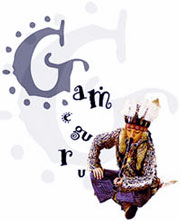 Updated:10:18 AM CET Jan,12
(new)
Updated:10:18 AM CET Jan,12
(new)
91 club
okwin
bdg game
55 club

CONTACT
Please e-mail us if you have news.
(c) 1998-2026 Gameguru Mania
Privacy Policy statement